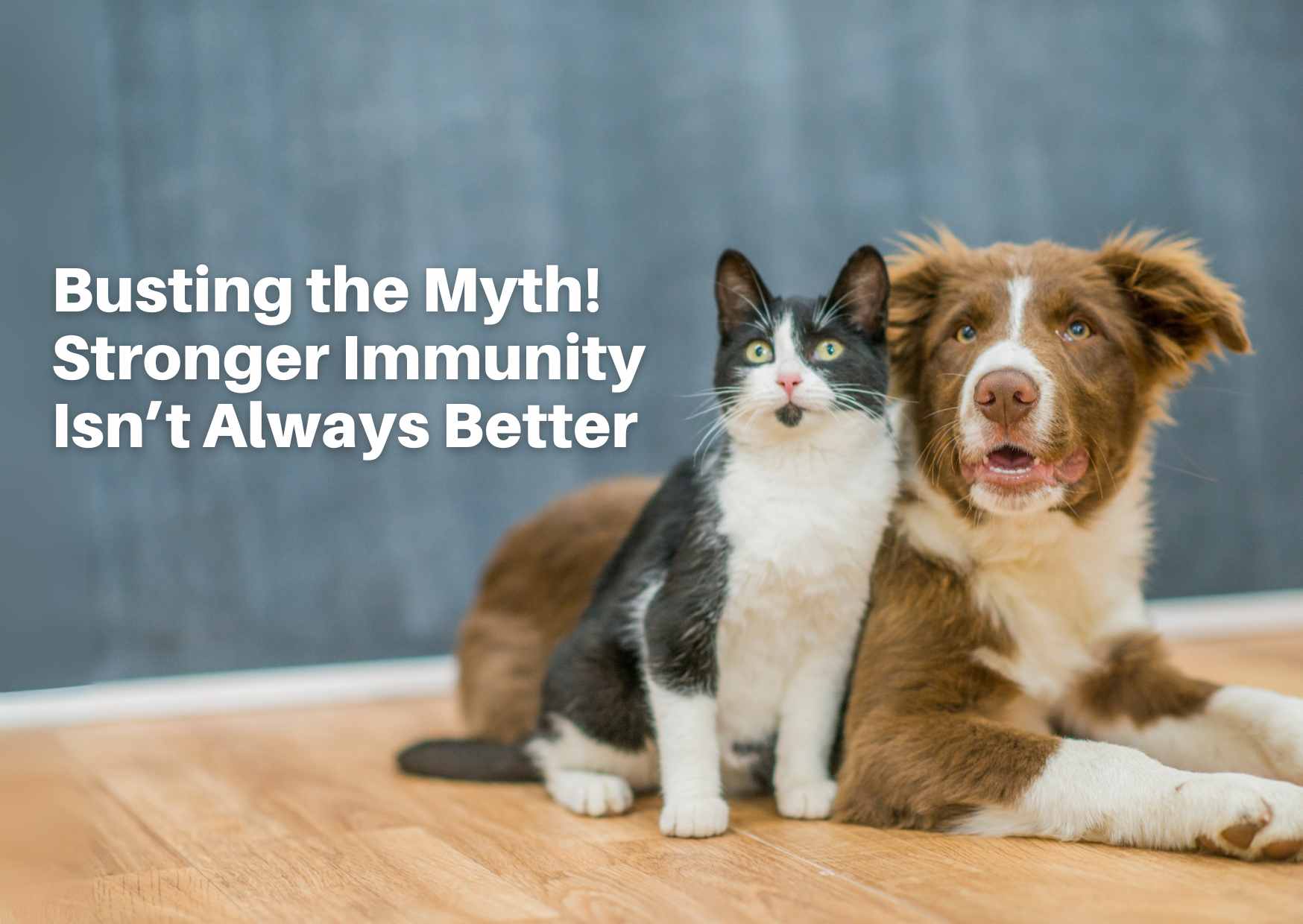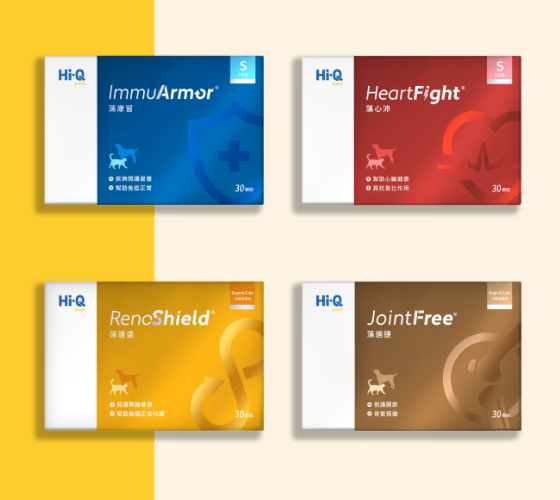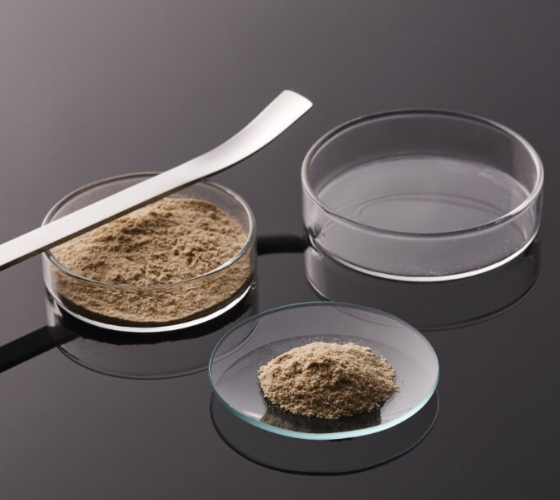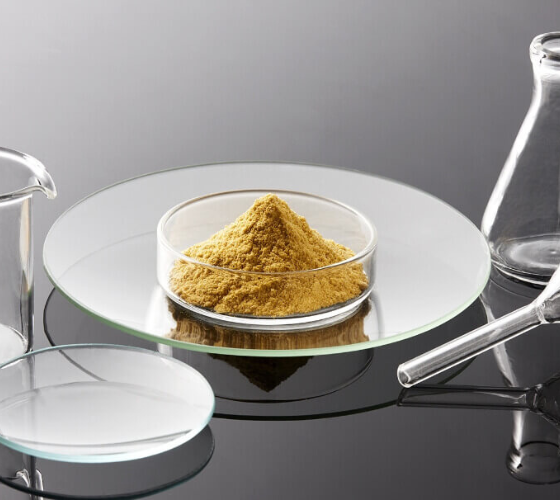Busting the Myth! Stronger Immunity Isn’t Always Better—Balance Is Key to Health

Most people know that weak immunity increases the likelihood of getting sick, but did you know that an overly strong immune system can actually attack healthy cells, mistaking them for invaders? This can lead to autoimmune diseases such as lupus or autoimmune hemolytic anemia.
So, staying healthy isn’t just about “boosting” your immune system—it’s about maintaining a balanced immune response. This article will guide you through how to build and sustain your pet’s immune system while ensuring balance.
1. The Development of Your Pet’s Immune System
The best way to foster a strong constitution is to start nurturing it from birth! The early months of a pet’s life can be divided into three stages: the neonatal stage, the weaning stage, and the growth stage. The methods to support immunity vary by stage.
- Neonatal Stage (First 3 Weeks) Newborns tend to stay close to their mothers, relying on milk as their main source of nutrition. Mother’s milk is rich in antibodies that strengthen the immune system, making it an essential nutrient for healthy growth. If the pet doesn’t have a mother, a formula designed to mimic the nutrition of mother’s milk is a great alternative.
- Weaning Stage (4–8 Weeks) During this stage, pets lose the protective antibodies from their mother’s milk. Combined with their still-developing immune system, this period is often referred to as the “immune gap,” making them more susceptible to infections. However, vaccinations aren’t usually recommended yet because their bodies are still too fragile, and existing antibodies may neutralize the vaccine’s effects. During this time, focus on adequate rest and easily digestible foods to naturally support their immune development.
- Growth Stage (2–4 Months) At this stage, pets experience rapid growth, with their bodies maturing significantly. Consult your veterinarian about the best timing for vaccinations. After vaccinations, maintain a balanced diet, and consider discussing suitable supplements like small-molecule fucoidan, vitamin C and E, or probiotics to support their immune system.
For pets adopted later in life, a thorough check-up and a complete vaccination plan by your veterinarian can help establish or reinforce their immunity.
2. Causes of Immune Imbalance and How to Maintain Balance
To prevent immune imbalance, it’s important to first understand its causes. In addition to genetic factors, there are three common reasons:
- Nutritional Deficiencies: A repetitive diet lacking variety can lead to poor nutrition and immune issues.
- Sleep Deprivation: Insufficient sleep prevents the body from repairing itself, weakening immunity and increasing the risk of infections.
- Lack of Exercise: Reduced metabolism and muscle mass, along with built-up stress, can ultimately disrupt the immune system.
Beyond addressing these causes, here are some ways to maintain a healthy immune system and prevent major illnesses:
- Regular Vaccinations and Deworming Keeping up with vaccines and deworming treatments helps prevent diseases and supports immunity.
- Clean Environment A clean living space minimizes bacteria growth and insect infestations, reducing risks to your pet’s health and creating a safe, restful environment.
- Supplements For senior pets or those with existing immune issues, consult your veterinarian about supplements such as low-molecule weight fucoidan, lactoferrin, or probiotics to enhance immune health.
Reference: https://www.hiq-pets.com/article/133
Related Hi-Q Products




